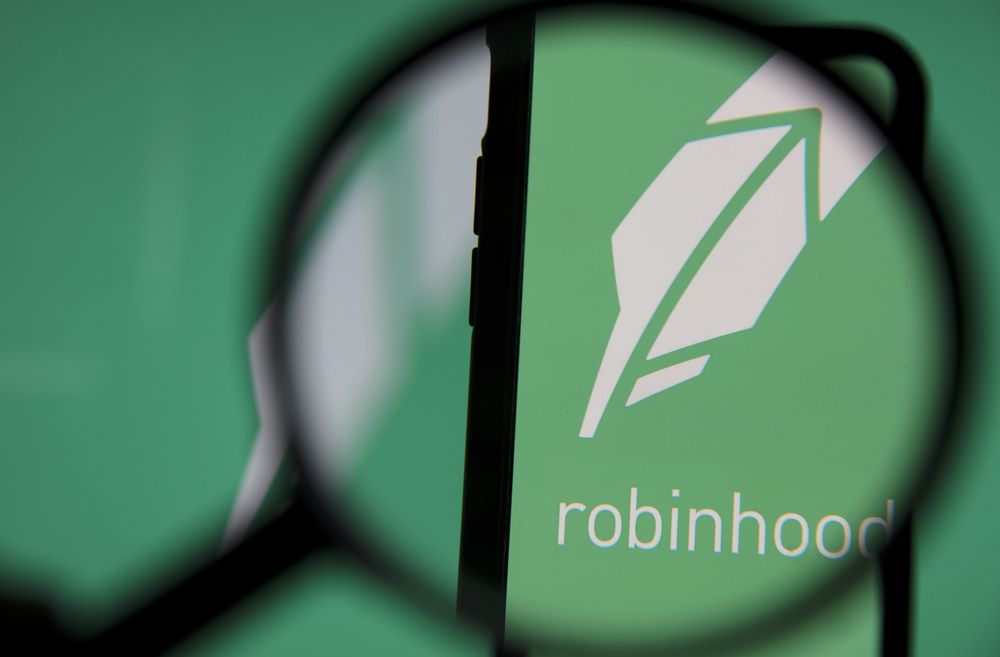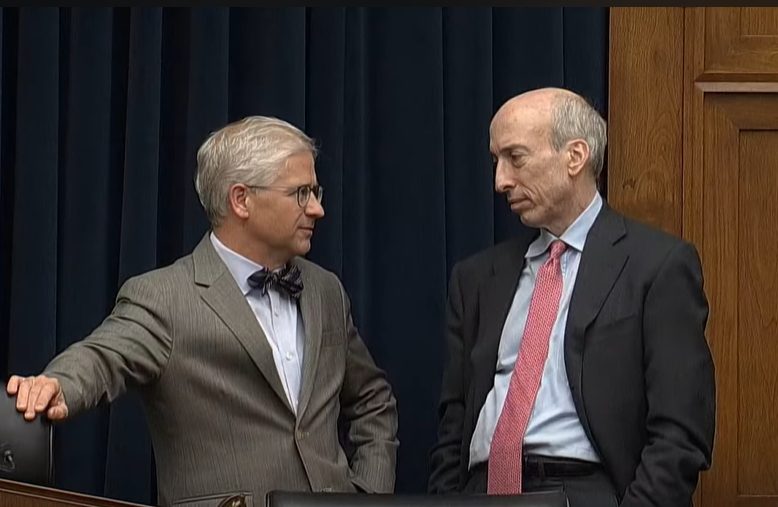On the 17th of April 2023, the Securities & Commodities Authority of the UAE, which is now the main body that regulates the virtual assets sector, announced an intriguing opportunity for crypto trading platforms looking to expand globally. According to the notice, the UAE now starts to accept global cryptocurrency services companies to their market.
This new move is expected to open the door for global cryptocurrency services companies to operate within the UAE’s growing virtual assets sector. The announcement comes on the heels of an earlier statement by Thani Al-Zeyoudi, the UAE’s minister for foreign trade, who expressed his belief that cryptocurrencies and blockchain technology will play a vital role in the country’s global trade.
UAE’s Virtual Assets Sector: Regulatory Organs, Standards, and Compliance
Dubai’s new licensing regime is aimed at promoting innovation in the crypto industry while also ensuring that companies operate in a safe and secure manner. The move comes amid global regulatory uncertainty in the crypto industry, with many countries grappling with how to regulate digital assets.
The application process for licensing virtual asset services in the UAE involves submitting an application to the Virtual Assets Regulatory Authority (VARA), which is responsible for regulating the virtual assets sector. Companies that wish to do business in the UAE must meet certain regulatory standards, which are established by the SCA. The SCA is the main body that regulates the virtual assets sector, and it undertakes the tasks of regulating, supervising, and controlling the sector.
The regulatory organs controlling the virtual assets sector in the UAE have different roles. The SCA, for example, is responsible for regulating, supervising, and controlling the sector, while VARA is responsible for issuing licences and regulating virtual asset services companies. The standards that companies must meet in order to do business in the UAE include compliance with anti-money laundering and counter-terrorist financing regulations, as well as ensuring that they have adequate measures in place to protect their customers’ assets and personal information.
Driving Increased Investment and Job Creation in the Virtual Assets Sector
The move to open up the virtual assets sector to global cryptocurrency services companies is seen as a major step forward for the UAE, which has been working to establish itself as a hub for blockchain technology and cryptocurrencies. The country has already attracted leading crypto exchanges, such as Binance, which now has four offices open in the UAE. The new licensing regime is expected to attract more companies to the country, and will likely lead to increased investment and job creation in the sector.
Commenting on the announcement, Thani Al-Zeyoudi, the UAE’s minister for foreign trade, said that the country is committed to building the right environment that is conducive to the growth of the sector. “We started attracting some of the companies to the country with the aim that we’ll build together the right governance and legal system, which are needed.” Al-Zeyoudi stated in an interview with Bloomberg.
The move by the UAE to open up its virtual assets sector to global cryptocurrency services companies is expected to have a significant impact on the region’s economy. The country has already established itself as a major player in the global financial market, and the new licensing regime is expected to further cement its position as a hub for blockchain technology and cryptocurrencies.
Overall, the announcement is a positive development for the UAE’s virtual assets sector, and is likely to lead to increased investment and job creation in the sector. As global interest in cryptocurrencies and blockchain technology continues to grow, the UAE is well-positioned to capitalize on this trend and establish itself as a leading player in the industry.






